Weed killer using vinegar and Epsom salts – what you need to know before using this method
Do vinegar and Epsom salts belong in the garden? Experts discuss the powerful, homemade solution to weeds
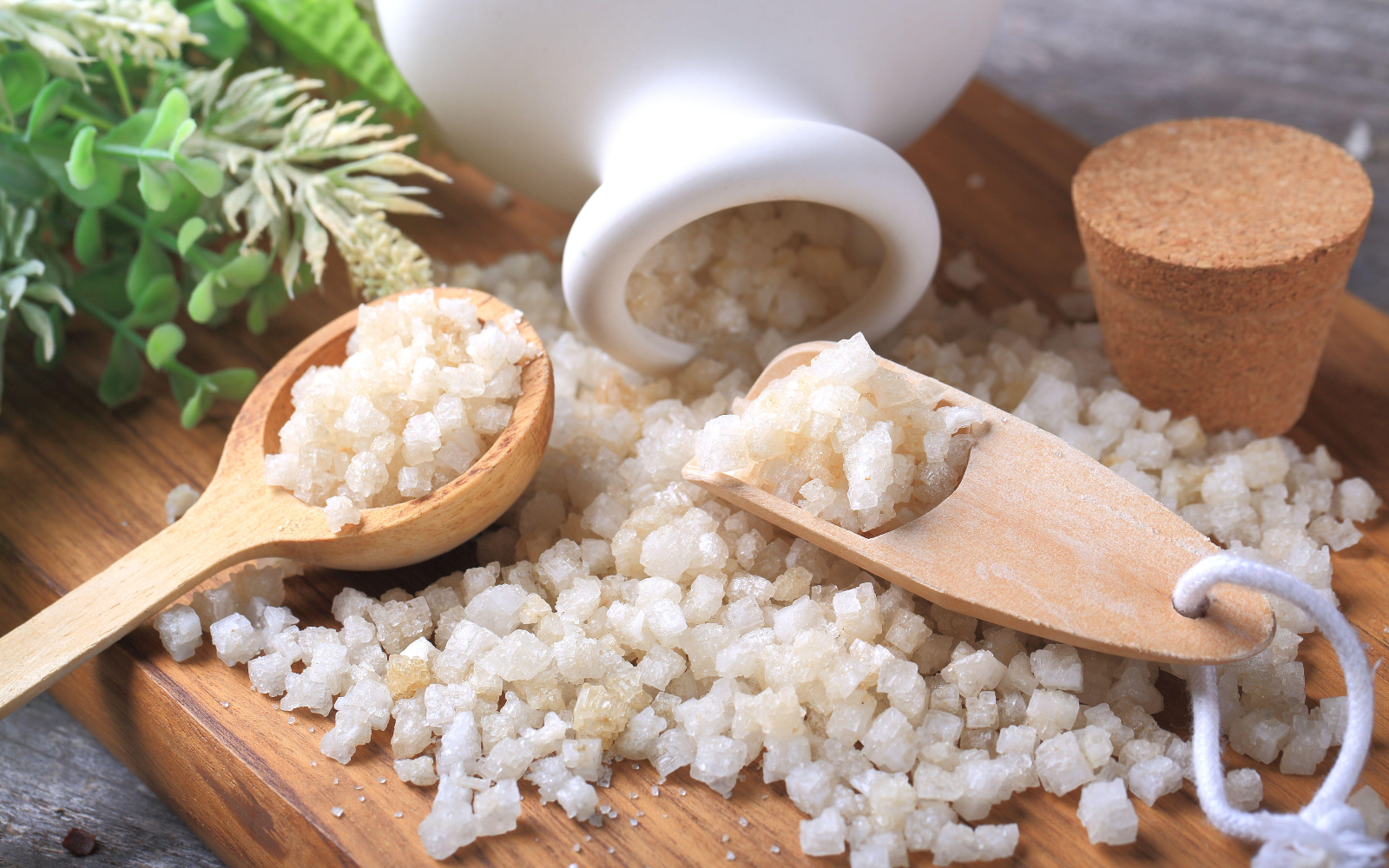

Have you considered making weed killer using vinegar and Epsom salts? At a glance, knowing how to get rid of weeds with this method may seem faultless. After all, it uses accessible, nontoxic ingredients that you may already have in your kitchen or bathroom cupboard. However, there are some things to note before experimenting in the garden.
If you've already mastered how to fertilize with Epsom salts, you would be forgiven for believing that this organic ingredient can do no wrong. Though, when paired with vinegar, the method becomes a controversial debate among experts.
Should you make weed killer using vinegar and Epsom salts? Here's everything you need to know about the disputed garden idea.
Weed killer using vinegar and Epsom salts – what do experts think?
You can make an effective weed killer using vinegar and Epsom salts – but this solution does come with caution.
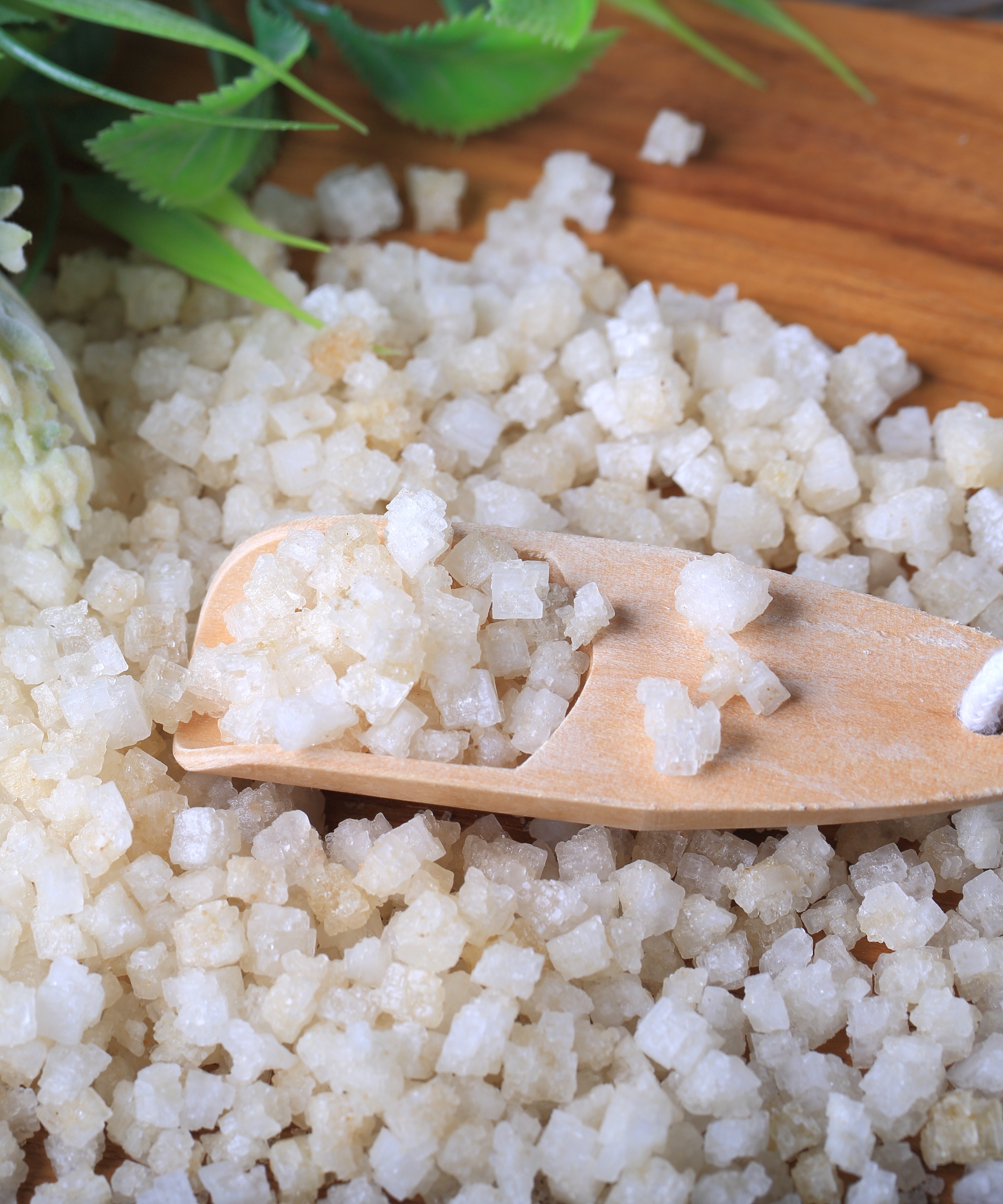
'Vinegar and salt are the agents that attack the weeds the most (vinegar is a common weed killer and salt is dehydrating), while the soap actually improves the vinegar’s effectiveness,' says Jeremy Yamaguchi, CEO of Lawn Love.'When these ingredients are combined, weeds don’t stand a chance.'
However, while the solution will destroy weeds, it will also harm any other plant it touches (much like using salt to kill weeds). Therefore, this method can do more harm than good when used incorrectly. The expert, therefore, urges you to ensure you are careful with your application if you opt for the method.
And Melody Estes, a landscape design gardening supervisor and consultant at The Project Girl agrees. 'Vinegar kills by making the soil more acidic, which is bad news for most plants but great news for your garden,' she adds.
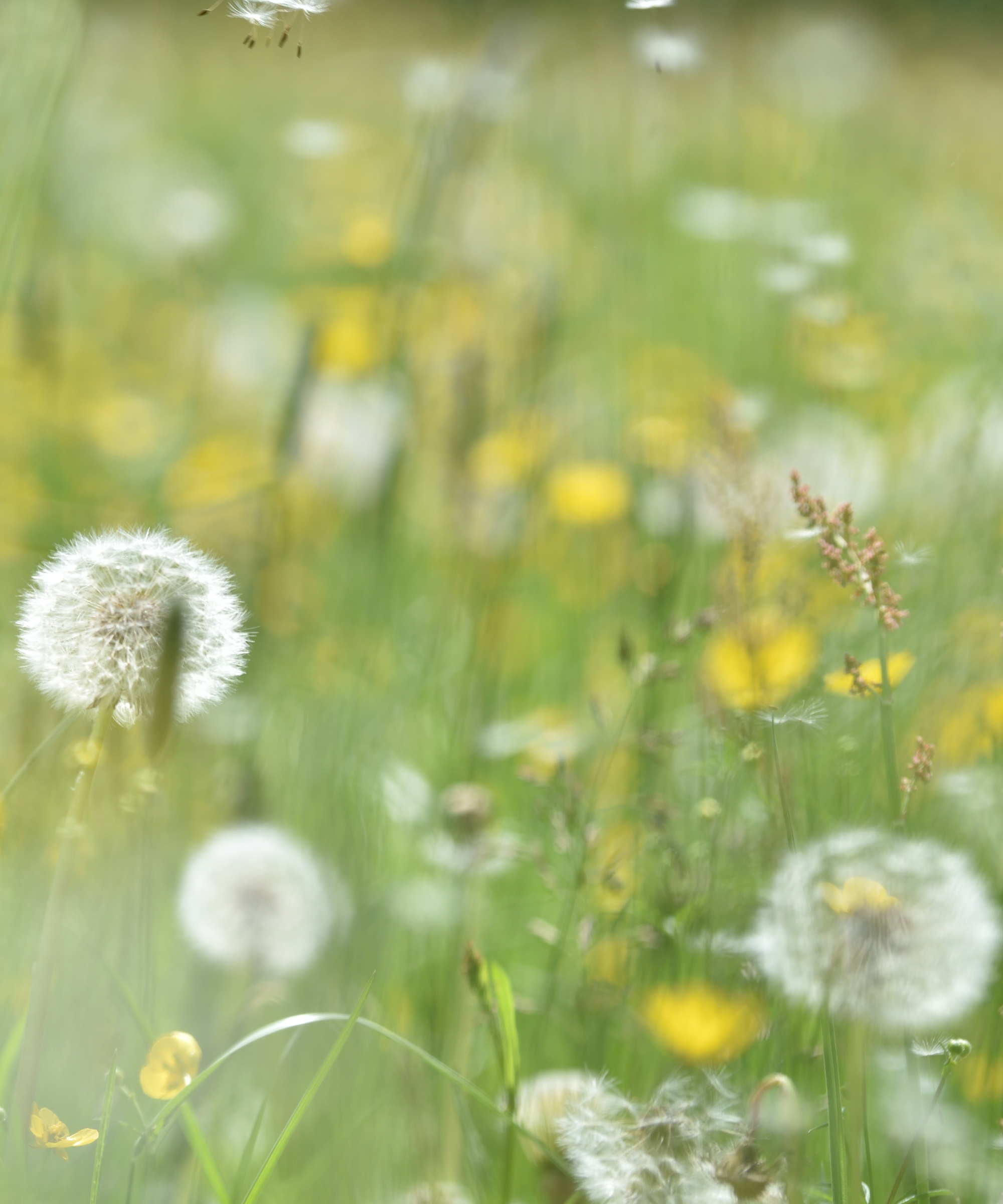
If you're careful with this vinegar and Epsom salt combination, you can enjoy benefits beyond weed-prevention, too.
You may have heard about using Epsom salts to deter groundhogs, but Melody also suggests using the two as a fungicide – to help prevent diseases from spreading through your garden. 'It helps stop fungi from growing on your plants' roots by creating an environment that's too acidic for them to thrive in,' she says.
If you're looking to give the solution a try, the experts have shared their method below.
What is the mixture of vinegar and Epsom salt for weed killer?
To create the solution, you should mix equal parts of Epsom salt and white vinegar in a spray bottle [such as this one from Amazon]. You can then spray on the areas where you want to kill weeds.
'You'll need to treat the area every few days for about three weeks before all signs of the weed have been eradicated,' Melody says. Then, once everything is dry, you can pull the dead stems from the ground or throw them away (if they're still too fresh to break off easily).
Instead of white vinegar, Jeremy uses apple cider vinegar, paired with ounce of dish soap alongside for every one tablespoon of Epsom salt – a powerful alternative if you already have apple cider vinegar in your cupboard.
Which vinegar is best for weed killing?
You may know how to clean with vinegar inside the home, but this solution has its uses beyond your four walls, too. Many garden experts choose white vinegar to remove weeds, but apple cider vinegar is also approved by those who use it to fight weeds effectively.
Sign up to the Homes & Gardens newsletter
Design expertise in your inbox – from inspiring decorating ideas and beautiful celebrity homes to practical gardening advice and shopping round-ups.

Megan is the Head of Celebrity Style News at Homes & Gardens, where she leads the celebrity/ news team. She has a history in interior design, travel, and news journalism, having lived and worked in New York, Paris, and, currently, London. Megan has bylines in Livingetc, The Telegraph, and IRK Magazine, and has interviewed the likes of Drew Barrymore, Ayesha Curry, Michelle Keegan, and Tan France, among others. She lives in a London apartment with her antique typewriter and an eclectic espresso cup collection, and dreams of a Kelly Wearstler-designed home.
-
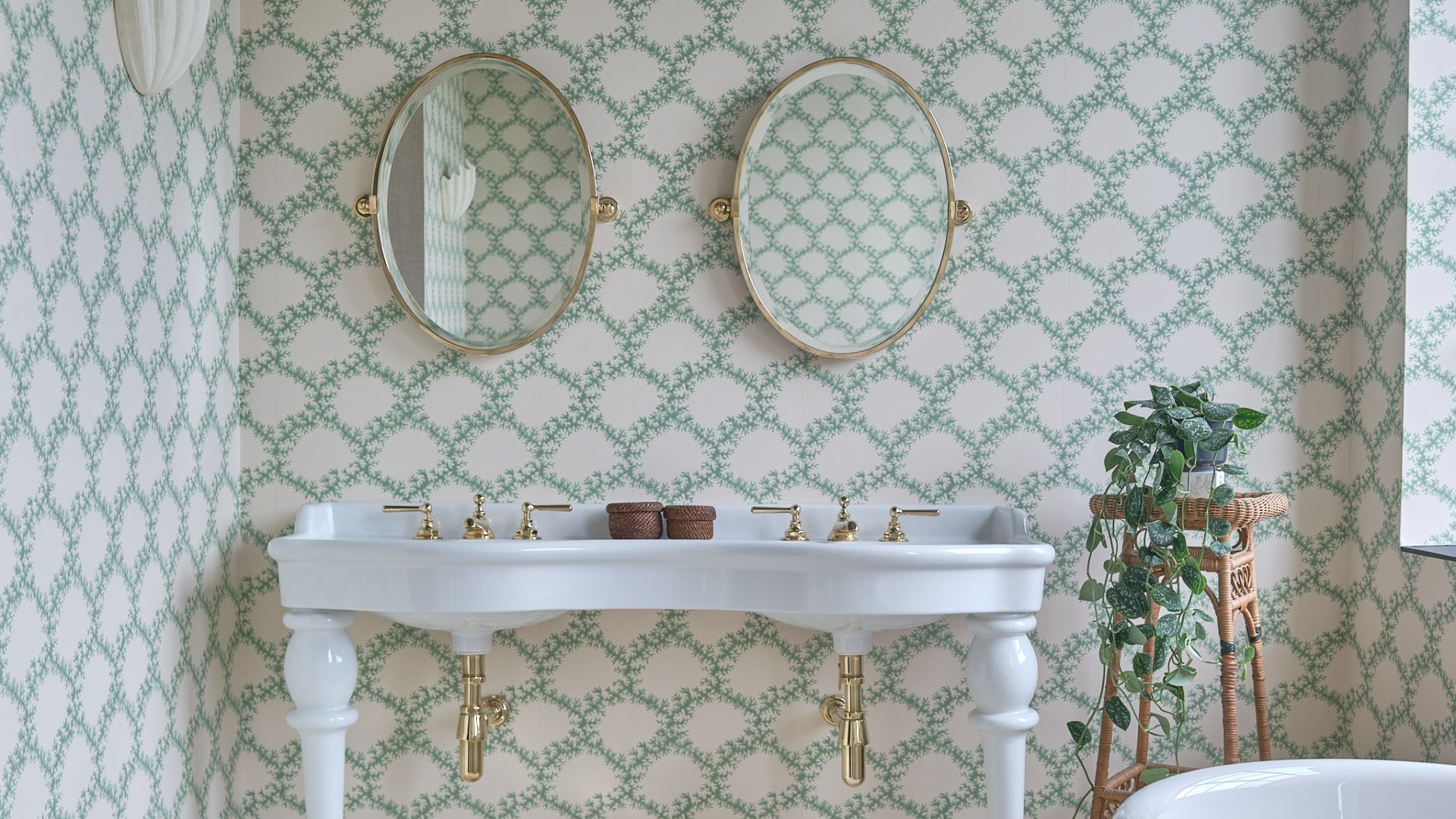 I tried this glycerin hack to stop the mirror in my bathroom from fogging up – and it worked like magic
I tried this glycerin hack to stop the mirror in my bathroom from fogging up – and it worked like magicIt instantly fixed one of my biggest pet peeves
By Chiana Dickson
-
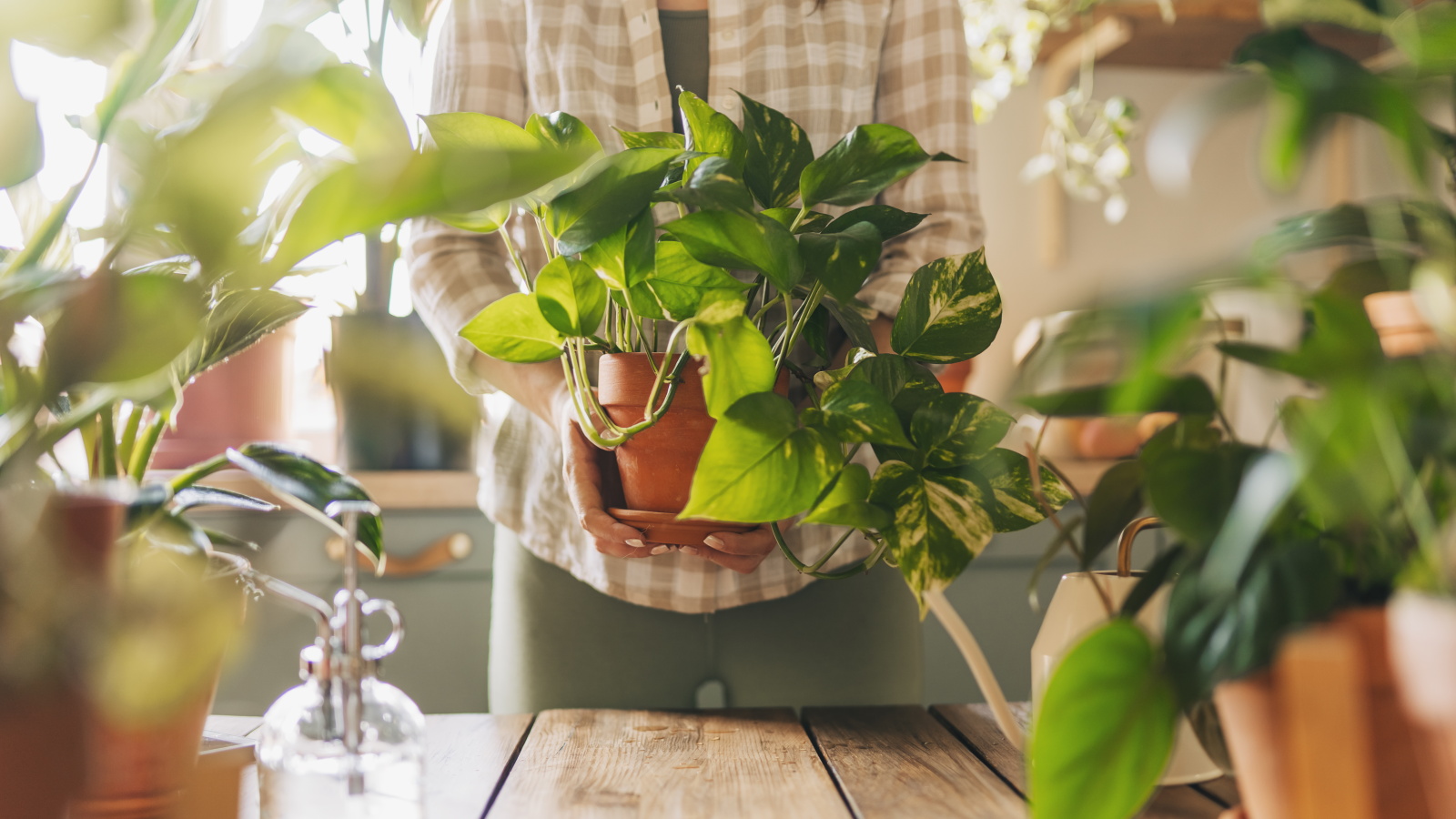 7 habits every good plant parent has, according to houseplant experts – number 3 will surprise you most
7 habits every good plant parent has, according to houseplant experts – number 3 will surprise you mostWatch your houseplants thrive after you build these tasks into your routine
By Tenielle Jordison